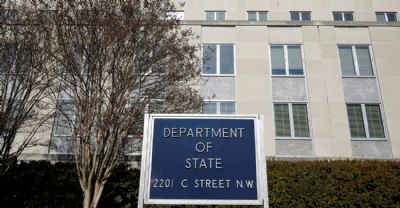"In December 2016, Congress passed the first State Department authorization bill in 14 years.
That measure, which became P.L. 114-323, included a requirement that the Office of Management and Budget report annually to Congress on 'all assessed and voluntary contributions ... of the United States government to the United Nations and its affiliated agencies and related bodies during the previous fiscal year.'
The requirement was included because, while the U.S. has historically been-and remains-the largest funder of the United Nations system, the U.S. only periodically compiled a comprehensive report on those contributions...
There are two main problems that must be addressed.
First, the reporting requirement in P.L. 114-323 only required OMB to provide information for the previous three fiscal years back to fiscal year 2014. But the previous reporting requirement lapsed in 2011.
Thus, a comprehensive accounting of U.S. contributions to the U.N. system for fiscal years 2011 through 2013 does not exist.
Second, while OMB provided a report for fiscal year 2014, it did not do so for fiscal years 2015 or 2016. Instead, OMB referred Congress to two reports compiled by the State Department for fiscal year 2015 or fiscal year 2016. That's a problem because:
(a) Congress asked OMB to compile the reports, not the State Department.
(b) Congress did so because State Department reports, such as State's annual report to Congress on U.S. contributions to international organizations, present an incomplete picture. An example of this is the failure of the fiscal year 2016 State Department report to list the $500 million that the Obama administration provided to the Green Climate Fund.
To address these problems, unless OMB chooses to do so voluntarily, Congress should require OMB to submit reports for fiscal years 2011 through 2013, and review and update the fiscal year 2015 and fiscal year 2016 State Department reports to ensure they are comprehensive."
November 3, 2017
Congress Must Not Drop the Ball on Reporting U.S. Contributions to the U.N.

U.S. State Department
Date
November 3, 2017
Title
Congress Must Not Drop the Ball on Reporting US Contributions to the UN, The Daily Signal
Author(s)
Brett Schaefer
Original Source
